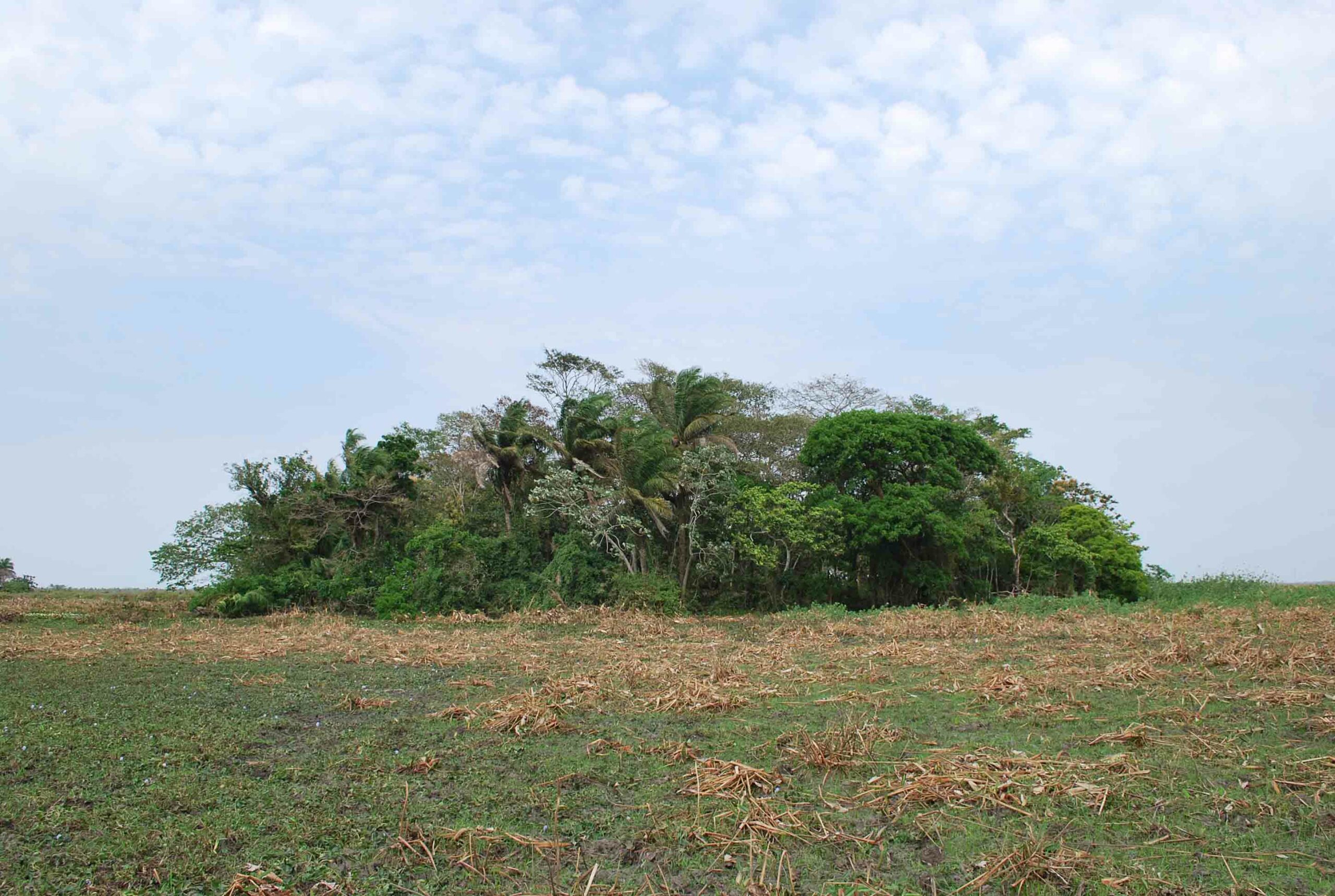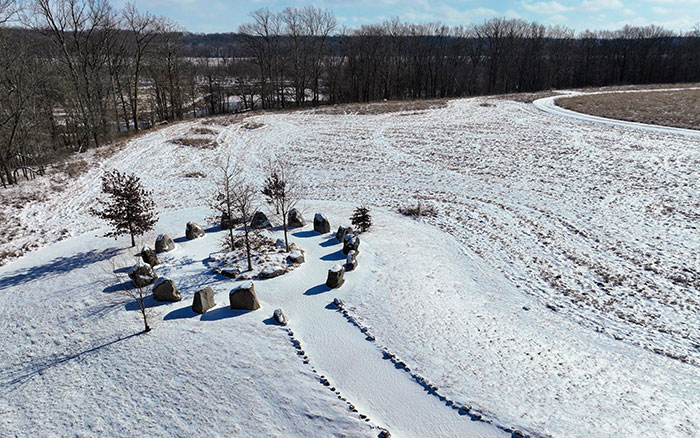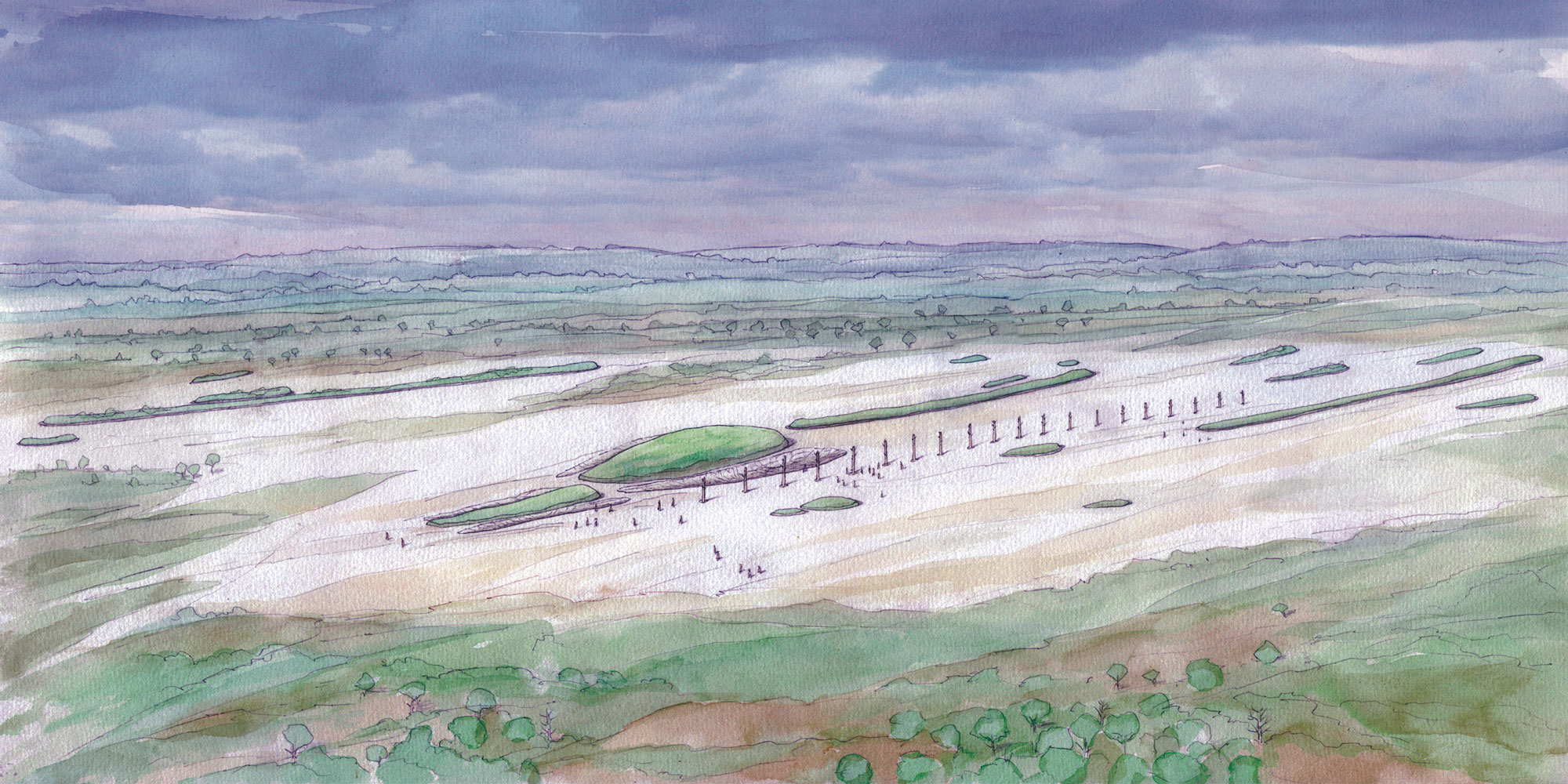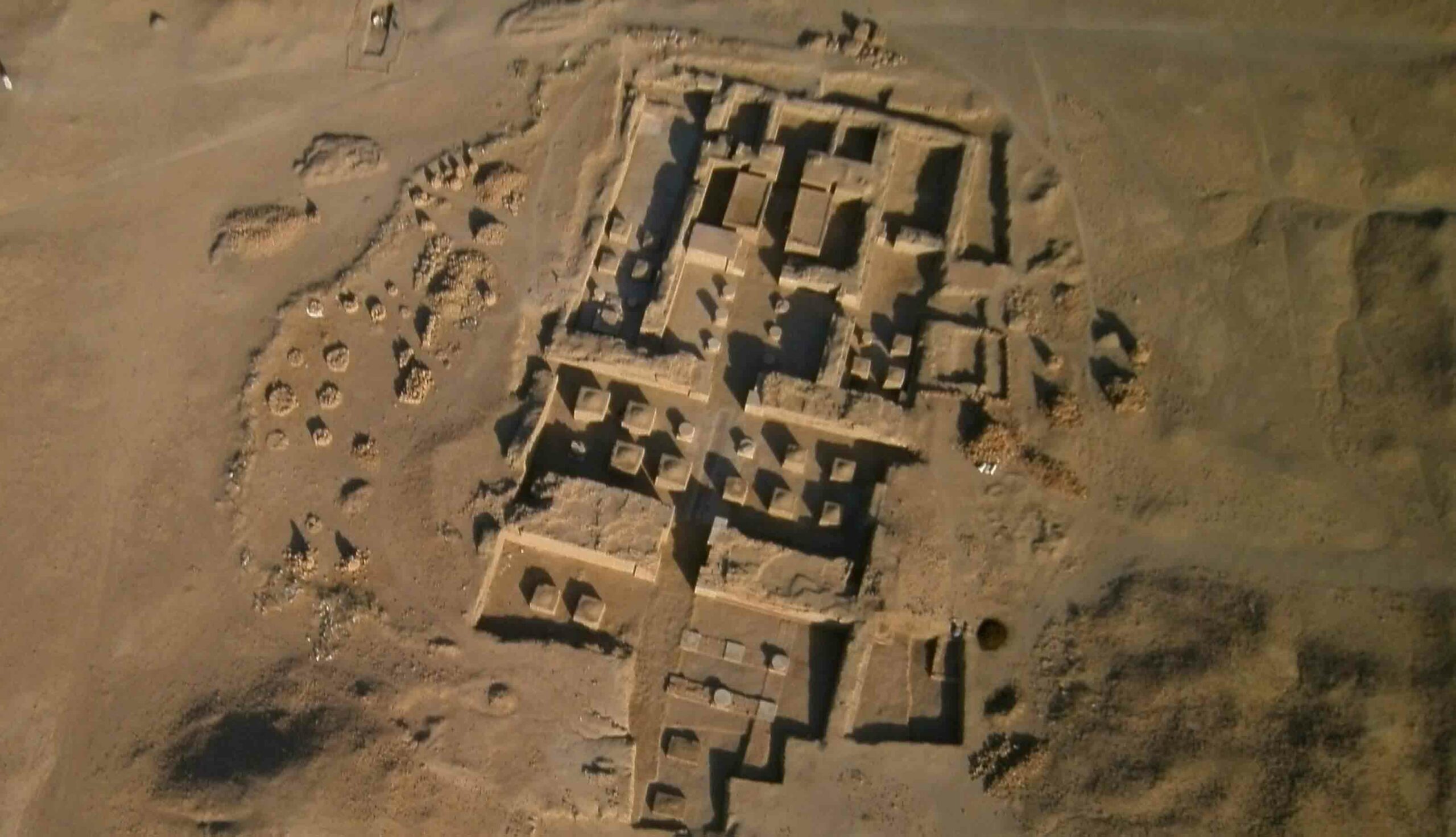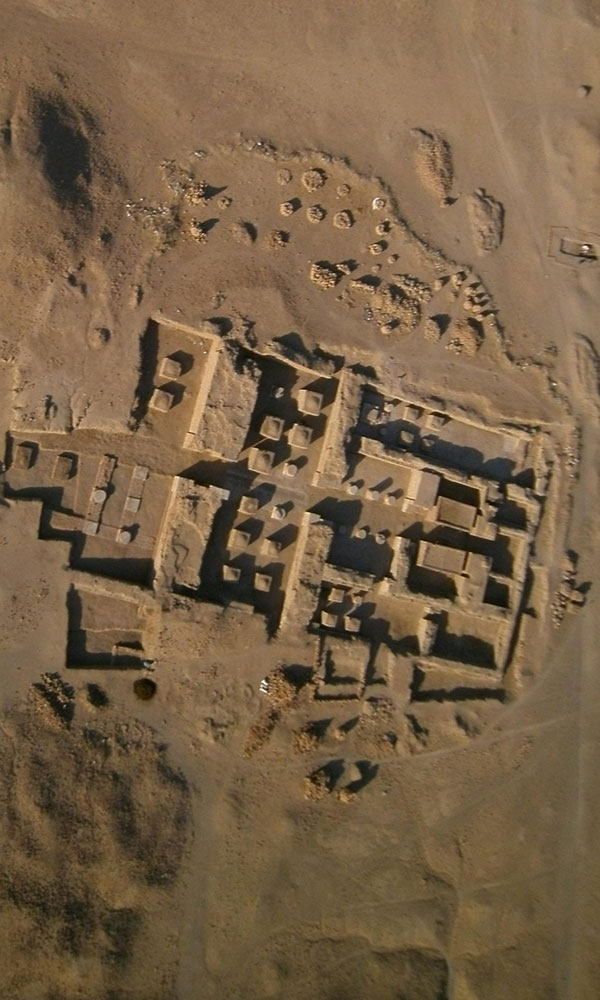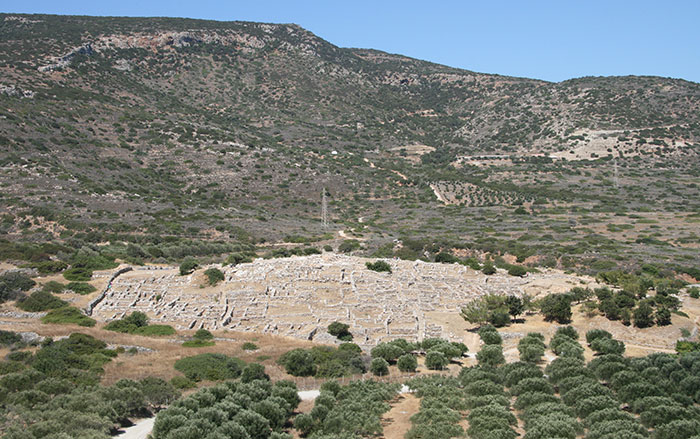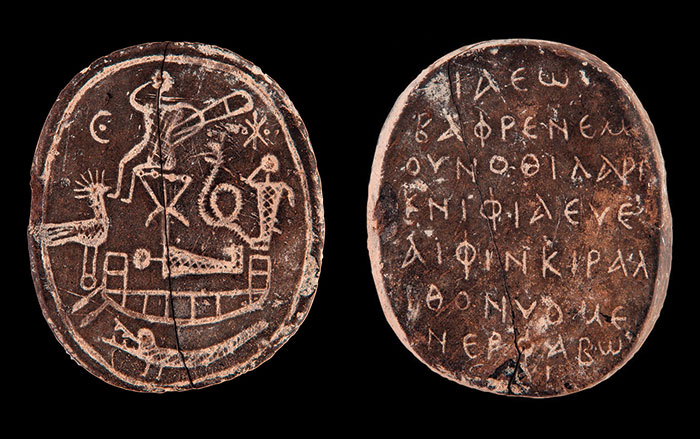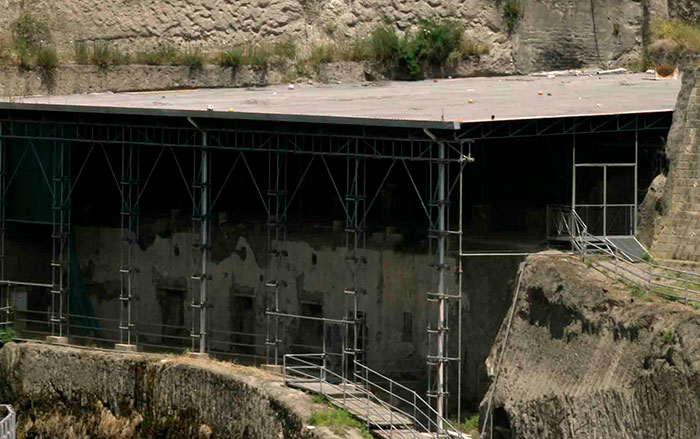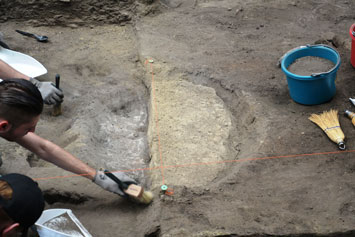
MITCHELL, SOUTH DAKOTA—Charred corncobs, kernels of corn, and sunflowers have been unearthed by students from Augustana College and England’s University of Exeter at a 1,000-year-old site along Lake Mitchell in southern South Dakota. “This village isn’t the origin of prehistoric agriculture, but it is one of the key sites in understanding what was done here,” professor Adrien Hannus of Augustana College told The Mitchell Republic. The corn cobs are about the size of an adult finger and were probably roasted or boiled whole. “You can see that the corn kernels are about the same size, but the cobs were a lot smaller and there were a lot fewer kernels on the cobs,” added Alan Outram from the University of Exeter. The storage pits, where the cobs and seeds were found, were eventually used for trash and capped with clay and ash. For more, go to "New Thoughts on Corn Domestication."


